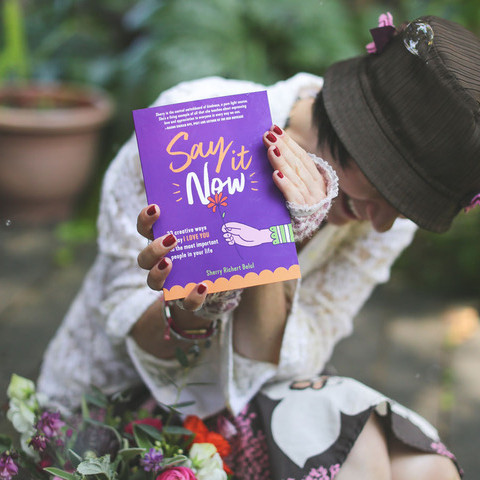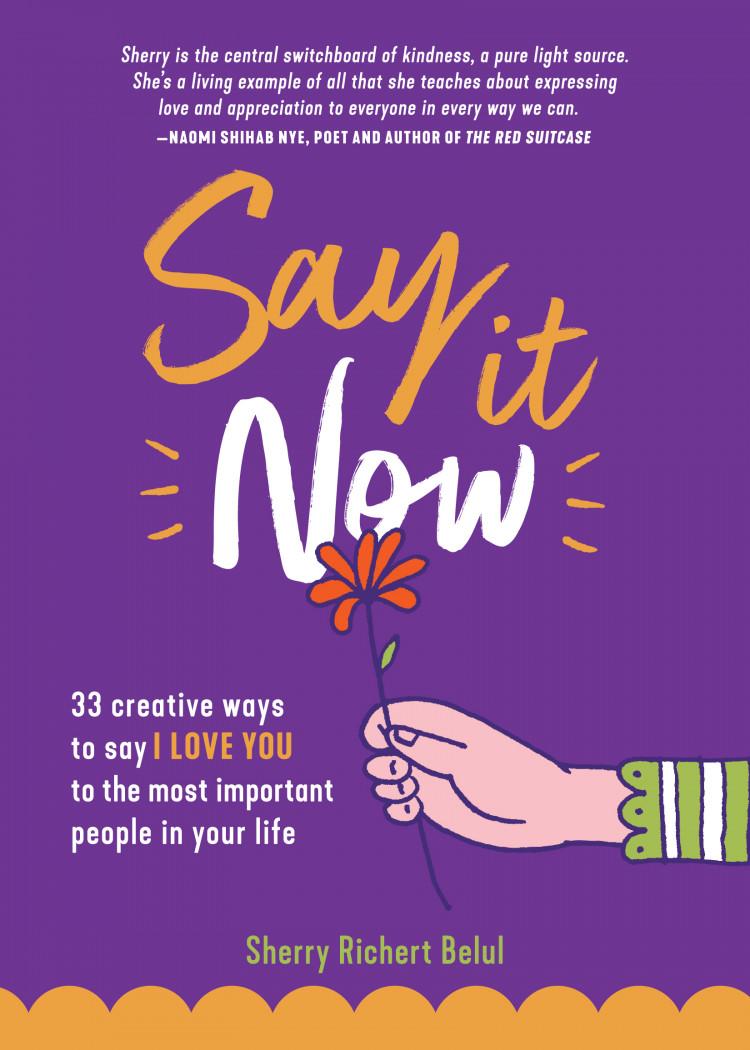Hi Friends of Emerging Form!
We are at work planning season two, which includes a really fun episode on play. To open your mind on what play might be and how it might benefit you, check out this very scientific TED talk by Stuart Brown on Serious Play. You’ll learn about neoteny, and why it’s something you want …
What We’re Reading:
· We have a new US Poet Laureate! Joy Harjo is the first Native American to be name to the post. You can read her work and find out more about her at her website.
· Water in the West is always a source of controversy, and Mark Arax has done a masterful job writing about it in his new book The Dreamt Land: Chasing Water and Dust Across California.
· One of the most important ways, perhaps, to flex our creative muscles is with the people we love. I’m totally inspired by this new book by Sherry Richert Belul, Say It Now: 33 creative ways to say I LOVE YOU to the most important people in your life. I’ve used her ideas as templates to leap from and create unique, intimate, playful gifts for half a dozen friends and family members. Great creative fodder for your relationship muse.
· For a novel look on modern love and marriage, Christie is reading Fleishman’s in Trouble by Taffy Brodesser-Akner.
Online Resources:
Looking for places to submit your writing? If you’re a poet, Trish Hopkinson has a remarkably generous site with deadlines, places to submit, interviews with editors and judges.
Do You Need a Permission Slip?
Today my friend Sherry told me she was thinking about permission. Specifically, she was thinking about what holds people back from being playful. And it occurred to me that so many of us have built cages around what is possible, and that we, for whatever reason, don’t think we have permission to do something out of our norm.
This shows up in writing in many ways. We might think, Who am I to have a voice? Do I really have something to say anyone else wants to read/listen to? Do I really have time to for a creative practice? Or perhaps we limit ourselves in other ways. For instance, for years I told people that I wrote poems because I had no sense of plot. I really believed it. I had told myself that story for song long, it became true. Until I gave myself permission to write a story. Because I had to, by the way, not because I necessarily wanted to.
What stories have you been telling yourself that limit your creative potential? If you could write yourself a permission slip that would open up your creative practice, what would it be?
Bonus: Write yourself that note. Put it somewhere you can see it every day. Act on it.
Two Questions:
-
As a child, what were your favorite ways to play?
-
How might you incorporate play into your creative process?
Original newsletter found here.


